Kings County Behavioral Health helps individuals achieve mental health

For people struggling with behavioral health issues, the road to treatment is often paved with obstacles. While chief among those obstacles is the stigma surrounding mental health labels, logistical barriers can further complicate matters. In areas like Kings County, where there is a high rate of poverty, a wide range of languages spoken, and a relatively low number of registered mental health providers, that road can seem especially difficult to navigate.
Recognizing the challenges associated with obtaining effective treatment, as well as how integral individual behavioral health is to the community at large, Kings County Behavioral Health seeks to promote, support and invest in the wellness of individuals by creating opportunities to contribute, learn, work and find hope in each day.
“A person’s behavioral health affects their entire life, just like physical health,” says Kelly Baker, deputy director of Kings County Behavioral Health. “It affects their ability to be independent — to work, go to school — to have positive relationships, to be able to be in the community independently.”
In October 2014, Kings County Behavioral Health developed its new three-year plan, a task that involved a retrospective study of existing programs as well as a stakeholder engagement process in which various cross-sections of the community had the opportunity to weigh in on how the department could best serve those who are impacted by the services offered. Through this process, the department was able to identify specific populations that were underserved as well as un-served, and offer some concrete steps for system improvement while addressing treatment gaps in the system of care.
The county has already implemented several new programs as a result of the findings during the stakeholder process (the first year of the current three-year plan), which has focused on developing a broader capacity initially at Behavioral Health and with community partners to meet the behavioral health needs of all members of the community. A new Prevention and Early Intervention clinician is now providing onsite short-term treatment for children at several local schools, for example. The department has also established partnerships with community groups and faith based organizations in an effort to increase the detection of behavioral health issues in individuals and provide a better referral network for directing people to the most appropriate programs for their needs.
“At Behavioral Health we’re able to advocate for people,” Baker says. “We know that anyone who has a behavioral health issue can recover.”
Through a high level of engagement with the community and responsively offering new and improved programs, the department hopes to make the road to recovery more accessible for everyone.
Recognizing the challenges associated with obtaining effective treatment, as well as how integral individual behavioral health is to the community at large, Kings County Behavioral Health seeks to promote, support and invest in the wellness of individuals by creating opportunities to contribute, learn, work and find hope in each day.
“A person’s behavioral health affects their entire life, just like physical health,” says Kelly Baker, deputy director of Kings County Behavioral Health. “It affects their ability to be independent — to work, go to school — to have positive relationships, to be able to be in the community independently.”
In October 2014, Kings County Behavioral Health developed its new three-year plan, a task that involved a retrospective study of existing programs as well as a stakeholder engagement process in which various cross-sections of the community had the opportunity to weigh in on how the department could best serve those who are impacted by the services offered. Through this process, the department was able to identify specific populations that were underserved as well as un-served, and offer some concrete steps for system improvement while addressing treatment gaps in the system of care.
The county has already implemented several new programs as a result of the findings during the stakeholder process (the first year of the current three-year plan), which has focused on developing a broader capacity initially at Behavioral Health and with community partners to meet the behavioral health needs of all members of the community. A new Prevention and Early Intervention clinician is now providing onsite short-term treatment for children at several local schools, for example. The department has also established partnerships with community groups and faith based organizations in an effort to increase the detection of behavioral health issues in individuals and provide a better referral network for directing people to the most appropriate programs for their needs.
“At Behavioral Health we’re able to advocate for people,” Baker says. “We know that anyone who has a behavioral health issue can recover.”
Through a high level of engagement with the community and responsively offering new and improved programs, the department hopes to make the road to recovery more accessible for everyone.
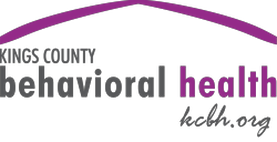
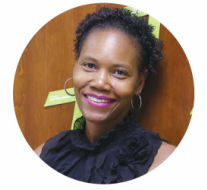
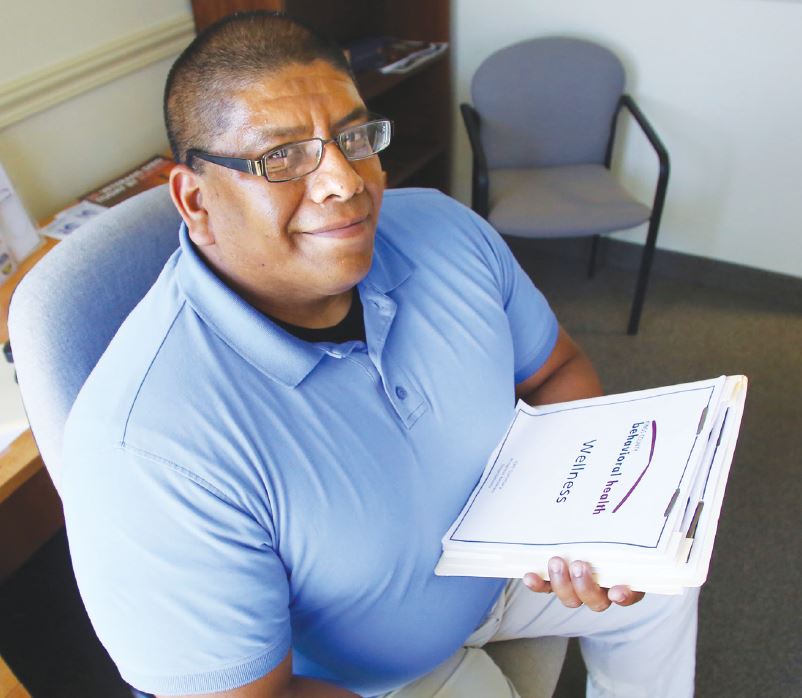
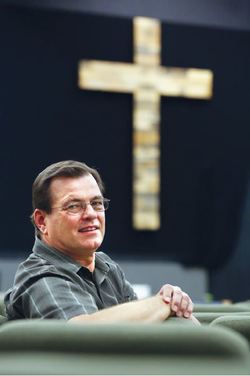
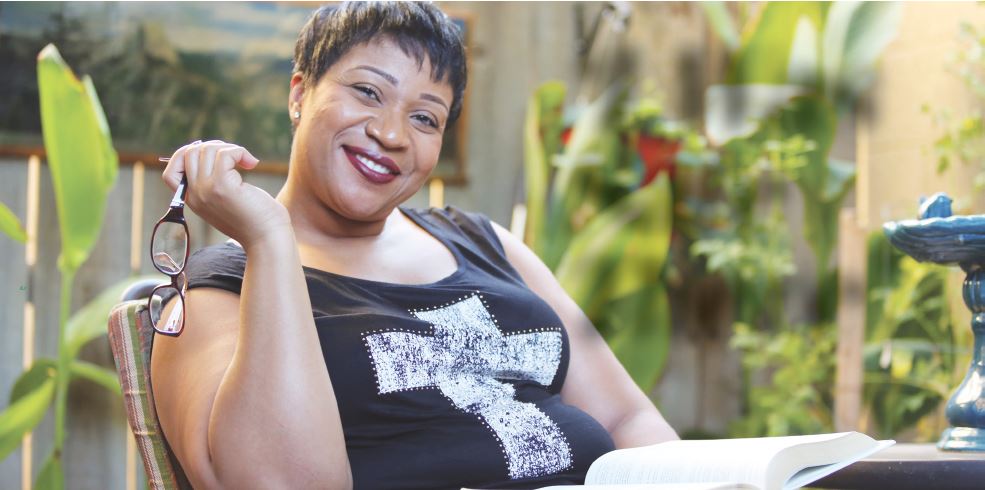
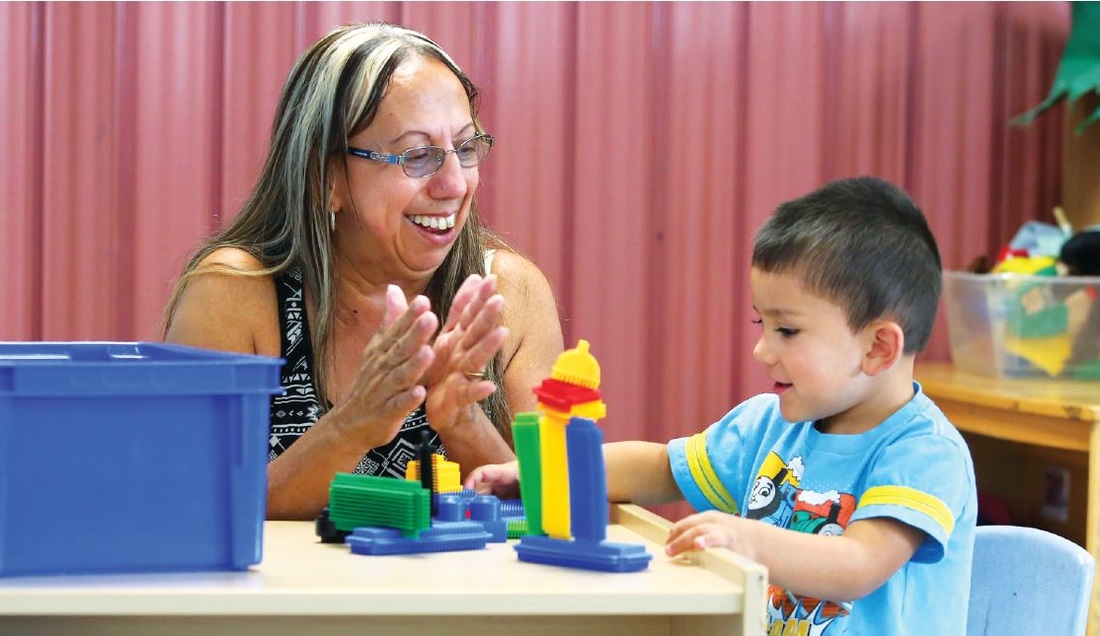
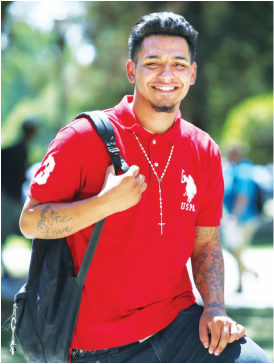
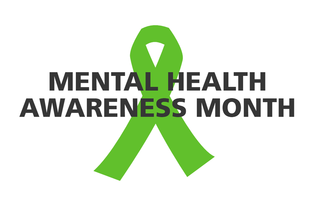


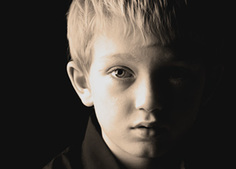
 RSS Feed
RSS Feed